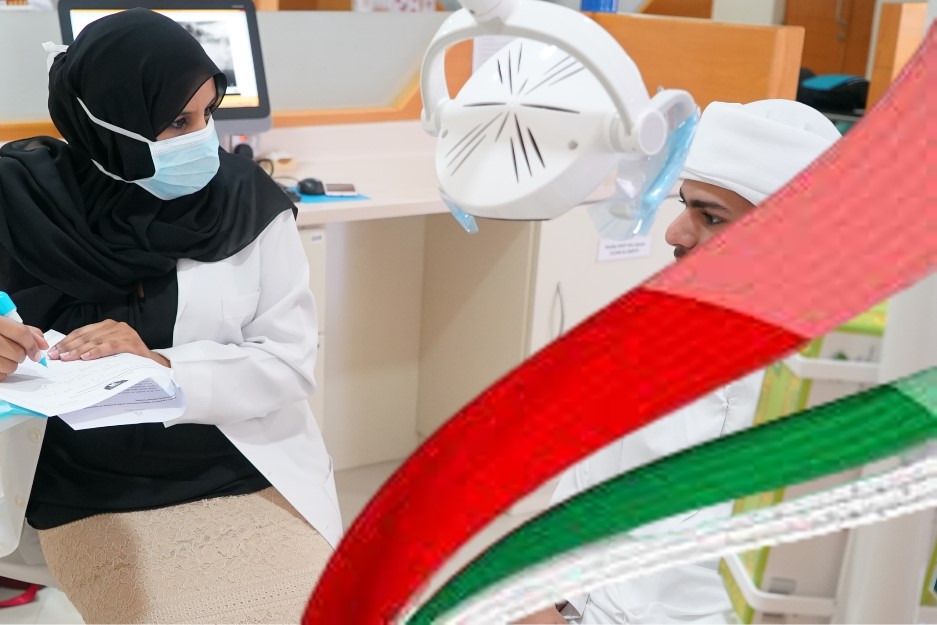

UAE Implant Internship
This course delivers hands-on, under direct expert supervision, dental clinical training preparing dentists to place dental implants safely and legally in the United Arab Emirates. An important feature of this dental internship course is the continuous supervised dental clinical training in which dental implants are placed in actual patients. Participants will also be assisted in compiling a portfolio of cases they have treated as required for a license to place implants legally in the UAE. Certificate-level training can be progressed to a postgraduate Diploma and MSc from the University of Greater Manchester.
Course Features
- The course curriculum delivers all UAE training requirements and is multi-system applicable and evidence-based.
- During intensive clinical sessions, 30 implants will be placed and fully restored under direct supervision in 10 or more patients.
- Clinical teaching is delivered once a month on Saturday and Sunday in small groups to focus on training and maximise the experience gained.
- Credit is given towards the Diploma and MSc degree programmes for dental practitioners who want to expand their learning and skills.
Course Outline
C: Core / O: Optional
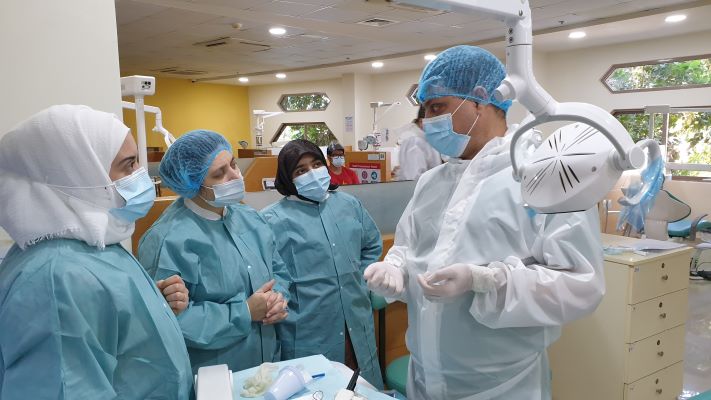
Clinical training is delivered monthly on Saturdays and Sundays at a multi-clinic in RAK Dental College, which offers the very latest in digital technologies with access to cone beam computed tomography (CBCT). Interns will start placing dental implants, hands-on, from the first day within clinical training sessions that involve single and multiple dental implant placements, including simple bone grafting procedures. Interns will work under the direct supervision of international dental tuition experts on patients and will design the complete dental implant treatment plan from placement to fitting of the final restoration.

- An important feature is continuous, hands-on, supervised clinical training in which implants are placed in actual patients. The fee covers 30 fully restored dental implants, clinical supervision, an evidence-based lecture programme, implants, and restorations.
- Surgical and prosthodontic sessions are every month.
- Regular monthly supervised surgical and restorative training is facilitated at the RAK College of Dental Sciences.
- Interns will also be assisted in compiling a portfolio of cases they have treated as required for a license to place implants legally in the UAE.
- Assistance is given in the assembly of the training log, which is provided as a signed log comprising a portfolio of completed implant cases treated under expert supervision as required by the licensing authority
- Programme length and exit point will be determined by individual training requirements as specified by the relevant licensing authority.
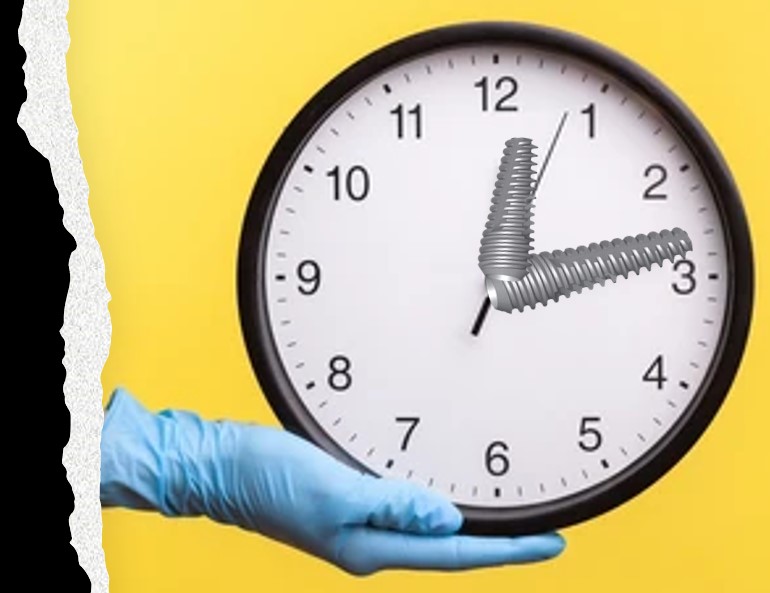
Training is continuous, allowing an immediate start. Select the start date that suits your working schedule and attend sessions that best fit; there is no need to take a week from the clinic. This programme delivers regular training over the entire year, affording you the maximum opportunity to treat implant patients.

Professor Stewart Harding
Actual implant placements in provided cases will be supervised by Professor Stewart Harding, Greater Manchester University, the course leader and clinical director. He is the Dean of the Queens Dental Sciences Centre and has been a full-time resident in Dubai since 2010, and is a holder of a Dubai Health Authority license. Professor Harding has delivered implant training programmes globally and in the UAE for over 25 years, helping many local dentists realise their ambition of becoming skilled implant specialists.
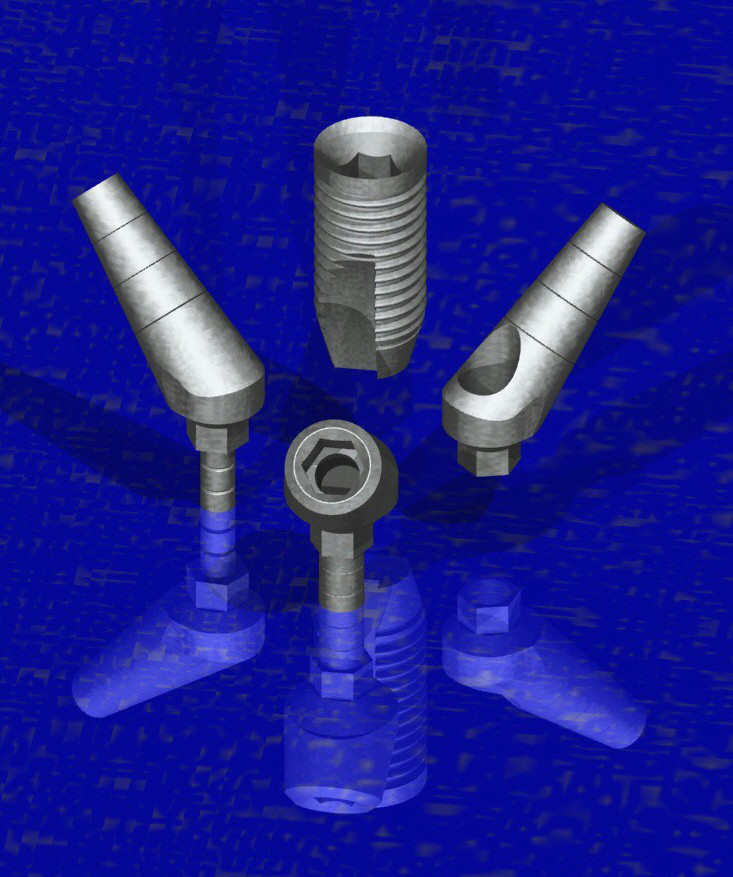
The academic component of the course curriculum covers the following topics:
- Biomaterials and material selection
- Tissue biology and osseointegrationImplant designs and characteristics
- Assessment and treatment planning, prosthetic and surgical treatment options, and prognosis
- Placement and loading protocols, including surgical techniques and pre-surgical site management.
- Prosthodontics restoration/treatment
- Conventional and digital implant impressions
- Transitional prostheses used during implant therapy.
- Abutment selection for fixed dental prostheses
- Dental material selection for fixed dental prostheses
- Occlusion
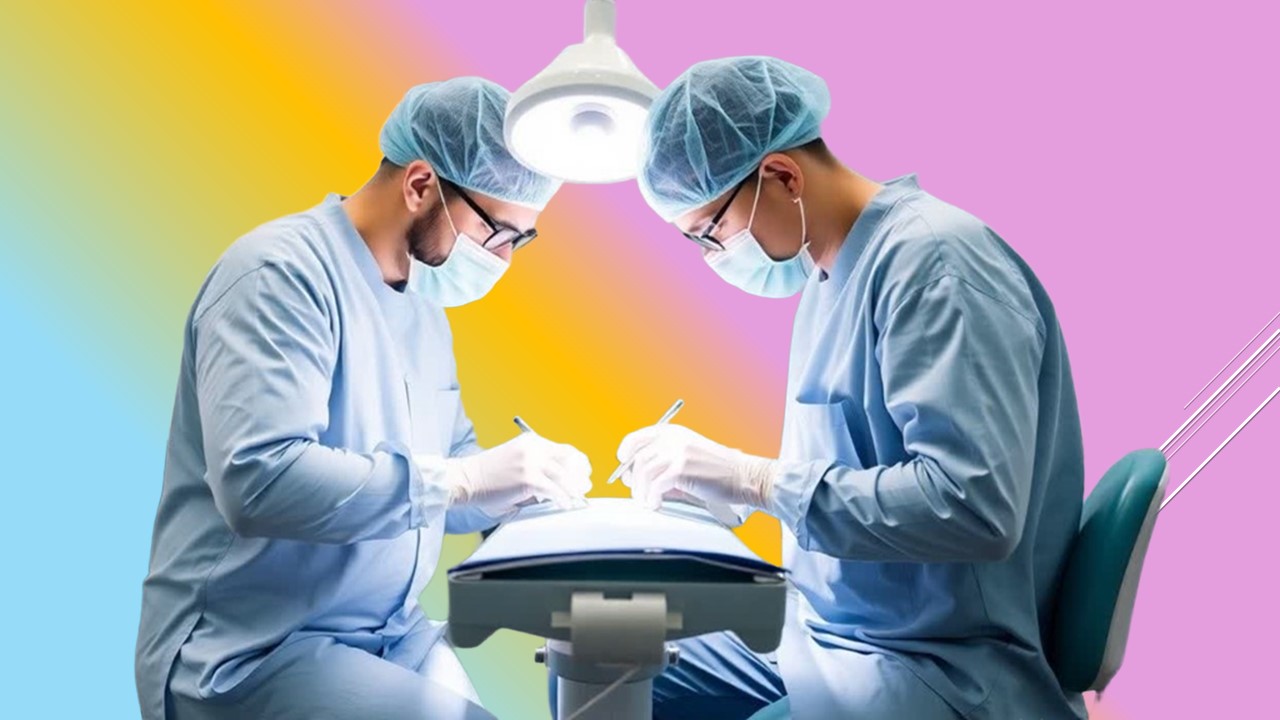
This module aims to develop evidence-based knowledge for patient selection and practical skills for identifying and providing advanced treatment modalities and risk assessment. It highlights potential implant-specific complications and helps students develop risk assessment strategies to minimize complications. The practice of elective treatments is complex and requires in-depth knowledge of multiple specialities with unique complications. The module emphasizes the importance of understanding the requirements and skills for safe clinical practice and the application of advanced treatment modalities. It also explores the ethical issues of informed consent and managing patient expectations. The module develops communication skills, organization and planning, problem-solving, treatment planning, risk assessment, ethical responsibility, and consent.
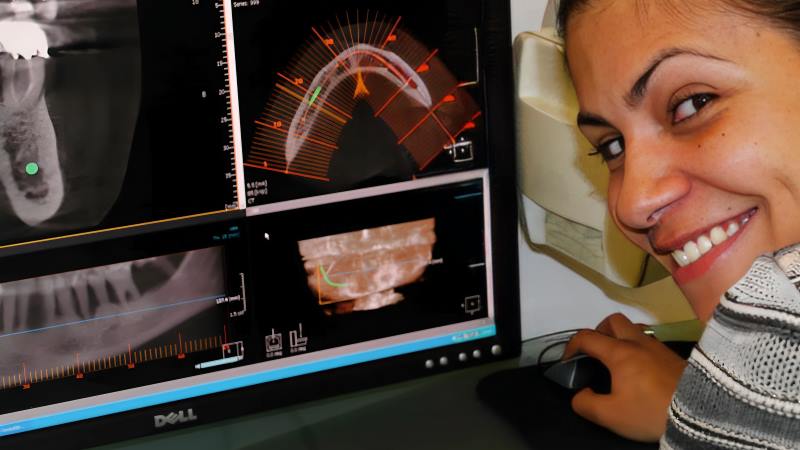
This blended learning module teaches the latest computer-assisted design and manufacturing technologies in digital dentistry. It focuses on using commercial CADCAM systems and developing their implant guide and restoration production skills. The module introduces students to data and imaging capture technologies, treatment planning, and the design of therapeutic appliances and surgical guides. Students will use CAD software in real-life cases and assess its functions and application in various treatment modalities.
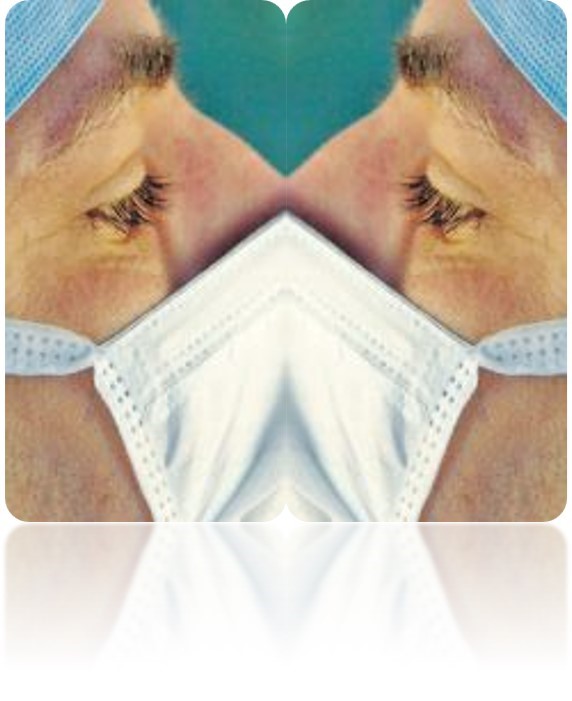
The module aims to develop a reflective practitioner by promoting creative thinking and problem-solving in patient management. It enhances clinical judgement and medical expertise. Students create patient-centred treatment plans using illustrated case reports. The module allows students to demonstrate knowledge of a specialist treatment modality, reflect on learning experiences, and consider how their practice has evolved. Case reports and logbooks help identify connections between intended and actual outcomes and identify areas for improvement.
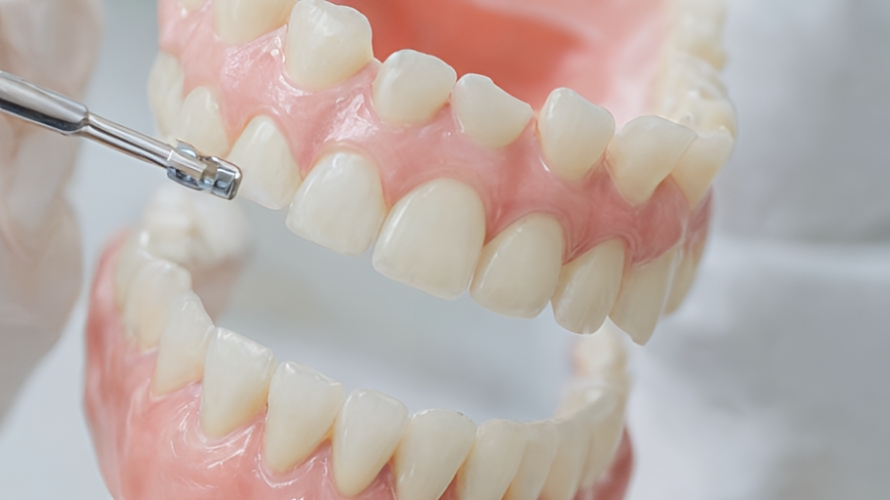
This multidisciplinary module explores the causes and classification of malocclusion from a restorative and orthodontic perspective. It aims to present an evidence-based approach to diagnosing and managing temporomandibular and occlusal disorders. The module links scientific concepts with specific diagnostic and treatment protocols. The increasing number of adults seeking orthodontic treatment has increased the likelihood of patients having TMD symptoms. The module uses the best available evidence to guide students in making informed decisions about appropriate occlusal therapy.
Apply for this Course
Apply NowRequest a Virtual Meeting
In relation to our course in 'UAE Implant Internship' to discuss your learning requirements and our flexible fees.
Request Now


